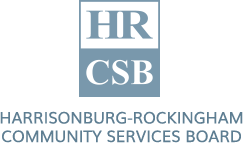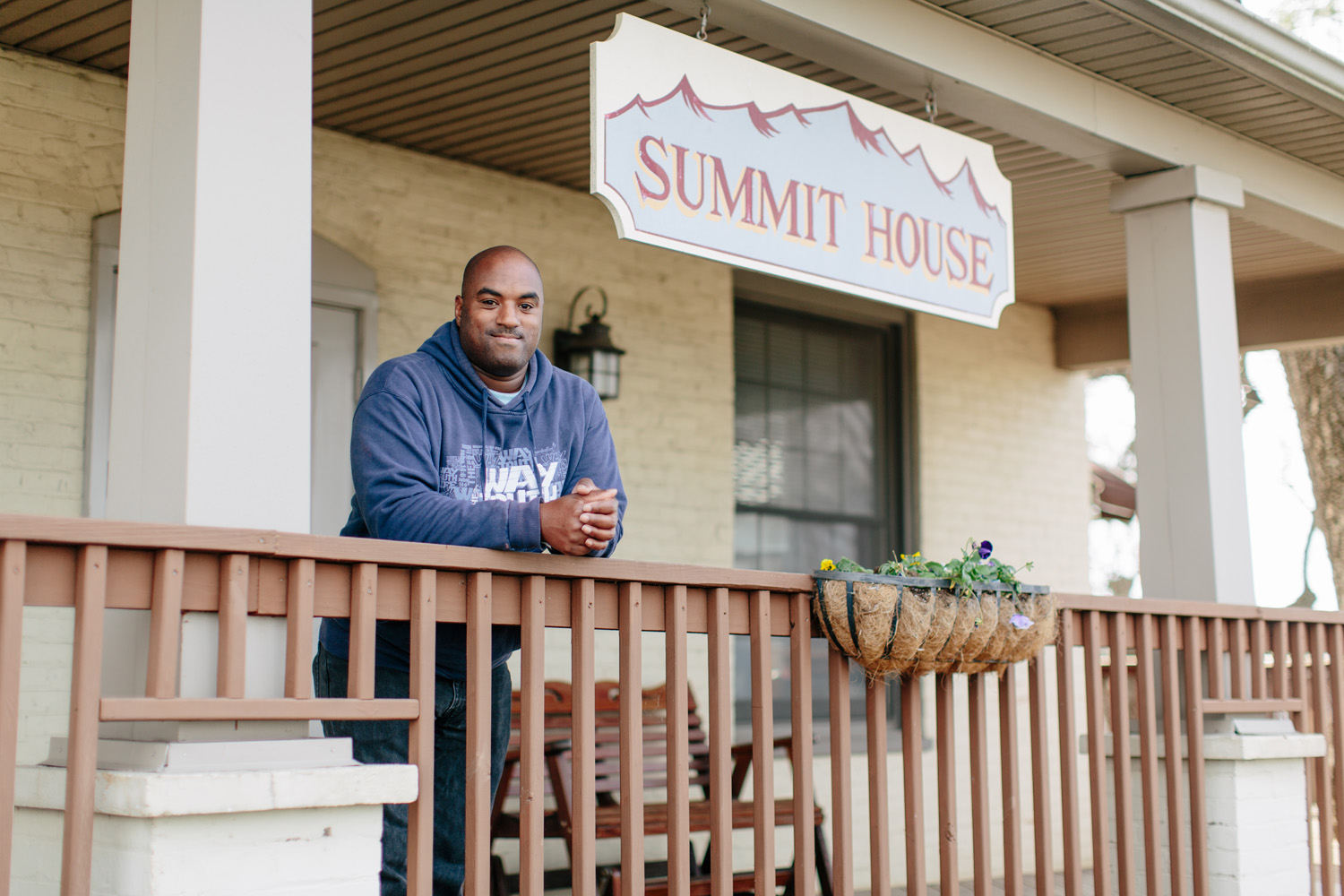Summit House: Providing Mutual Support and Personal and Vocational Development Since 1983
Summit House is a community based self-help rehabilitation program designed to assist individuals with their recoveries from mental illness. The program operates as a club where members are voluntary participants and contributors. Members carry out the work of the house, vote on decisions affecting the program and provide mutual support to each other.
Fundamental Principles Guide Programming And Decisions
Summit House provides psychosocial rehabilitation through a clubhouse model, where members voluntarily participate and contribute. Fundamental principles include:
- Every person has a positive contribution to make.
- Everyone benefits from social contact, giving and receiving support, and having a place they are needed and wanted.
- Meaningful and purposeful work is a major force in most people’s lives.
- Self-determination and empowerment are essential aspects of recovery.
Gain Confidence And Skills With Meaningful Social, Learning, and Work Opportunities
Summit House offers:
- Work Units – Members work together to achieve essential tasks for daily operations.
- Department of Aging & Rehabilitation Services (DARS) – Available two days a week, the DARS counselor offers resources, skills training, vocational counseling, and assistance with job placement.
- Employed Members Dinner – Set dinners each month provide a social setting for mutual support for members who work, paid or volunteer, in the community.
- Social Programs – A wide variety of in-house and in-community social opportunities let members build supportive relationships and practice social skills.
- Support – Members help each other avoid social isolation.
- Advocacy – New members choose a primary staff advocate to partner with them in establishing and achieving their treatment plan and goals.
- Wellness Activities – Key components of recovery follow an Eight-Dimensions of Wellness model, including proper nutrition, getting enough sleep, and physical exercise.
- Education – Groups and classes add knowledge to recovery to develop tools for recovery and resilience.
Call 540.434.1941 to see if our Psychosocial Rehabilitation services are right for you.
Nondiscrimination: In accordance with Federal law and U.S. Department of Agriculture policy, this institution is prohibited from discriminating on the basis of race, color, national origin, sex, age or disability. Complaint Procedures: To file a complaint of discrimination, write USDA, Director, Office of Civil Rights, Room 326-W, Whitten Building, 1400 Independence Avenue SW, Washington, DC, 202050-9410 or call (202) 720-5964 (voice and TDD). USDA is an equal opportunity provider and employer.

